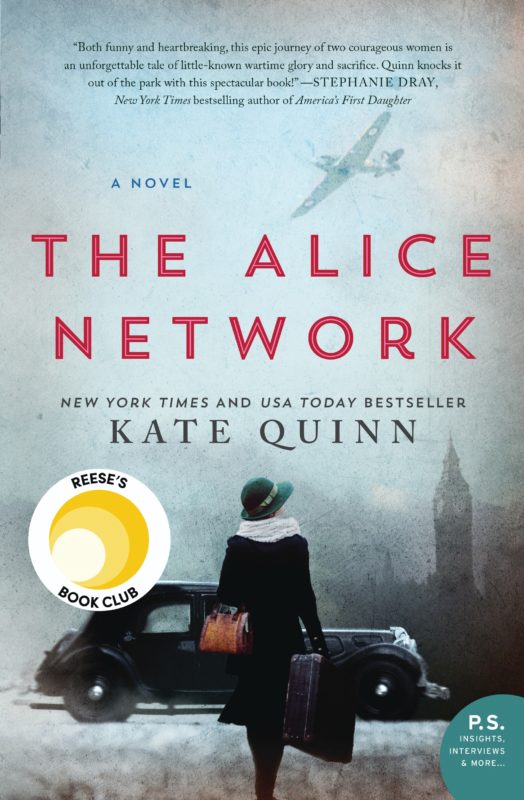When I thought of writing an ode of appreciation to my favorite historical fiction authors, I assumed I’d start with one of my favorites–Bernard Cornwell, or maybe Judith Merkle Riley. But thinking further, I’ll start with someone less well-known, and for a very simple reason: she got me hooked on historical fiction in the first place. Meet Sally Watson.
Sally Watson isn’t the best known of writers. She wrote a number of young adult historical fiction novels that ranged widely over English and American history, and most of them are today out of print. I first came across her novel Lark at about age eleven, and it remains my favorite.
Lark is the story of a thirteen-year-old girl caught in the English Civil War, stuck among staid and disapproving Puritan relatives when her own Royalist family is forced into exile. Lark runs away, trying to rejoin her family, and instead ends up joining a young Cavalier spy named James who is on a mission for King Charles II. What makes this book one that I keep revisiting, even though I am no longer eleven?
1. Just the right touch of historical detail. Watson has a feel for her period and its politics, but she doesn’t drown you in facts. I’ve read a huge number of historicals that feel compelled to educate you, and I don’t read fiction to be educated. If all I want is information, I go to Wikipedia. I read novels to be entertained, and Watson knows just how to give the historical details that are needed before stepping back to let her characters take center stage.
2. Characters. The character development in this simple young-adult book is surprisingly sophisticated. Lark grows from a headstrong girl determined to have her way at all costs, into a dignified young woman perceptive enough to know when to stand back and bite her tongue. James’s crisis of conscience over his duties as a loyal subject is serious and well handled. These characters may be young, but they are allowed to struggle with adult problems intelligently. How many adult characters struggle with adult problems intelligently in today’s fiction?
3. Humor. When did historical fiction get so serious? Lark’s inner monologues as she observes her grim and stolid Puritan relatives (named variously Honor, Repent, Temperence, Patience, Submit, and Will-of-God) is a comic gem. James’s exasperated efforts to rid himself of the persistent and resourceful Lark are no less wonderful.
4. Intelligence. Since this is a young-adult book, there is very little gore. But Watson turns this into an advantage by having her hero and heroine rely on their wits to extricate themselves from trouble, rather than bashing their way to safety. There is a priceless scene where Lark, to avoid being taken up by Puritan soldiers, pretends to be insane and James falls promptly into line pretending to be her physician. He spouts made-up medical gibberish while Lark crosses her eyes and chews on her braid; the Puritans let them go; and they continue on their way with mutual congratulations to each other’s acting ability. It’s fun watching people be smart in fiction.
5. Romance. There is a surprisingly effective romance in this book, for all that there is not so much as a kiss in it. The age difference between Lark and James is only five years, but five years is insurmountable if the ages covered are between thirteen and eighteen. Yet romance grows anyway: Lark’s adoration for the lanky, charming James is understandable from the start, and James’s big-brotherly affection deepens to something more without once crossing into the ick factor. There is no hint of anything physical between them, but their shared intelligence, courage, and zest for adventure creates a love that will have room for passion too as they get older. How nice to see a romance that is based on shared emotions and experiences, not just lust.
Lark is not Watson’s only good book by any means–a later book follows a girl who gets caught up with the pirate Anne Bonney, and yet another tells the story of an Elizabethan girl who attempts to foil a plot against the Queen and instead gets caught up in a London thieves’ den. But Lark is my favorite–it and Sally Watson brought me to historical fiction in the first place, and for that I am eternally grateful.







